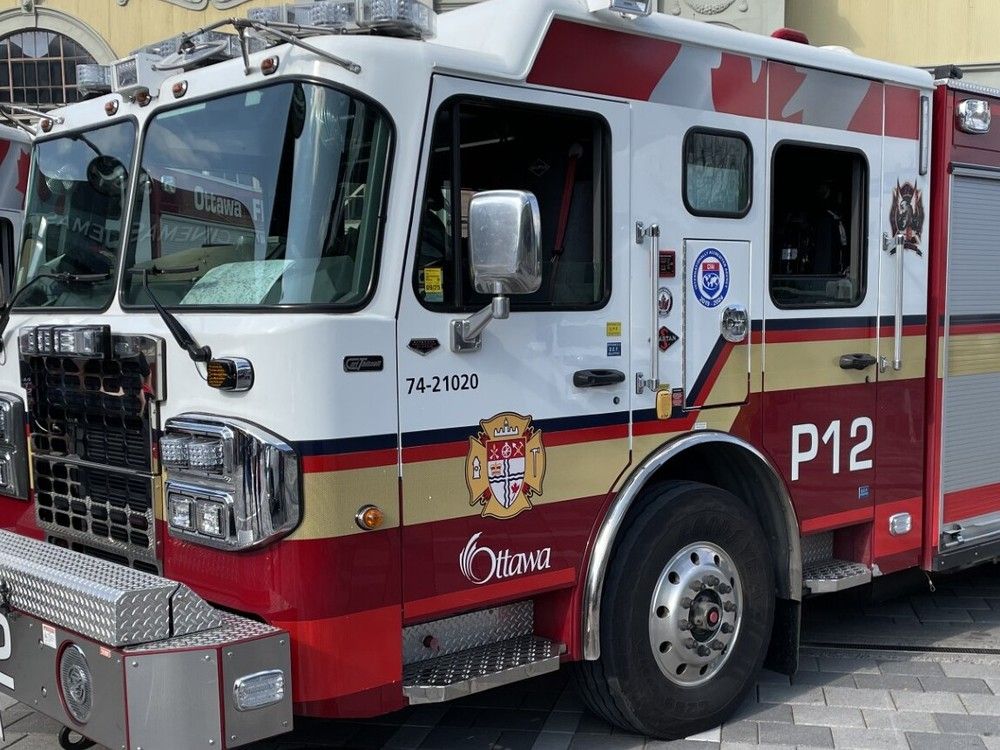An Ontario driver says being able to take the driver’s license test in his mother tongue has marked a special milestone in reclaiming his heritage.
Bizhiki Neebowid, who also goes by Jason Henry, has been asking for years to be able to the test in Ojibwe, a language he’s reclaiming after years of cultural oppression.
“Every year they’d ask me, ‘Language of preference?’ and I’d always say, ‘Anishinaabe or Ojibwe’ and I’d always get, ‘No here’s your choices,’” said Neebowid.
As a truck driver, Neebowid has a commercial license and needs to take a written test every five years. The last time he took it was when he discovered he could take the test in his mother tongue.
“I was so surprised [when] they said, ‘You can take it in Ojibwe, Oji-Cree or Cree and my jaw hit the floor … The guy said to me, ‘It’s $23 if you fail and I was like out of principle, I’m going to keep spending my $23 until I can pass this test.”
But he passed, on his first try.
A spokesperson for the Ministry of Transportation allows written knowledge tests up to 31 languages. Ojibwe, Cree and Oji-Cree have been available since 2021.
“Language really holds our identity … the more that I learn the more I come to understand that if you think English first, you’ll just be in that culture and that identity,” said Neebowid. “And the more that you can think Anishanabee, the more you can understand how our ancestors came to understand life and existence and the world around us. It’s all built into our language.”
For decades, it was illegal for Indigenous children to speak their languages in residential school. Generations later, the children of survivors are reclaiming those languages.
“The Elders there were always telling us no matter how much we learn the culture, we’re not going to know the culture until we learn the language,” said Lena Recollet, the Anishinaabemowin Program Manager at the Native Canadian Centre of Toronto.
Representation of Indigenous languages in the mainstream is limited so being able to do any task in your own language means a lot.
“That’s something they really told us, that its our responsibility to carry on the language, and also the teachings and to learn the way,” added Recollet.
Neebowid said hearing elders speak of the importance of knowing who he is caused him to want to learn Ojibwe at a young age. He began lessons with his parents, continues to learn and now he’s working to teach the next generation.



